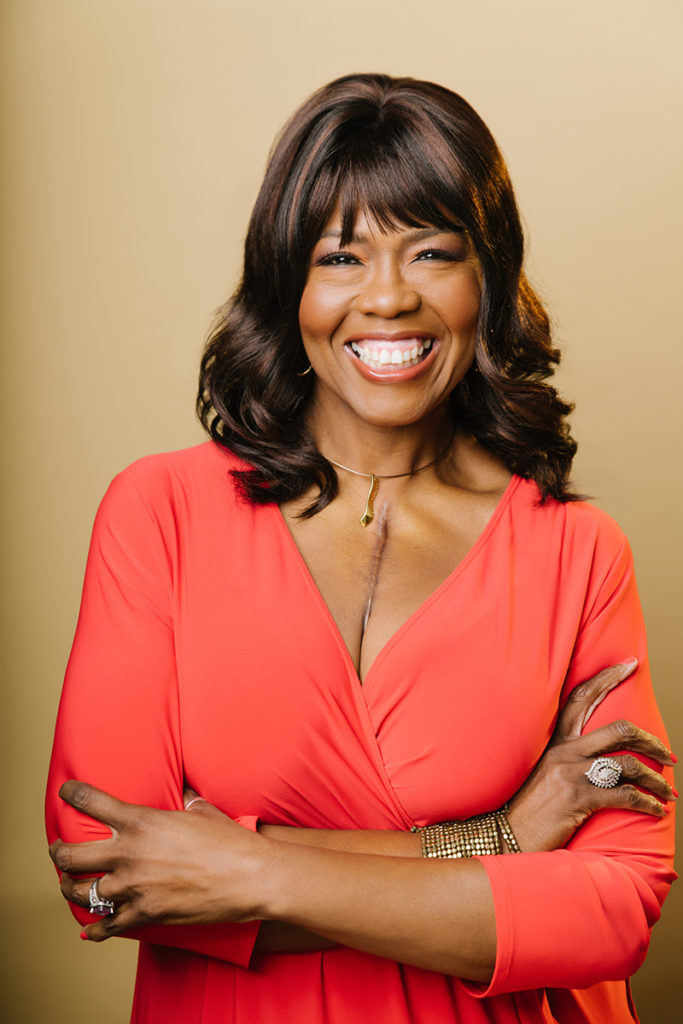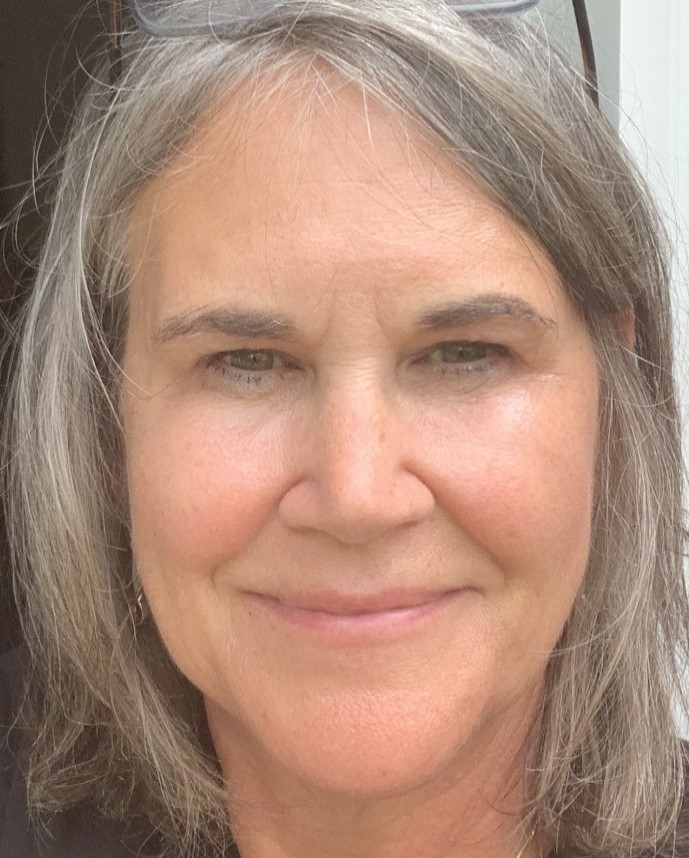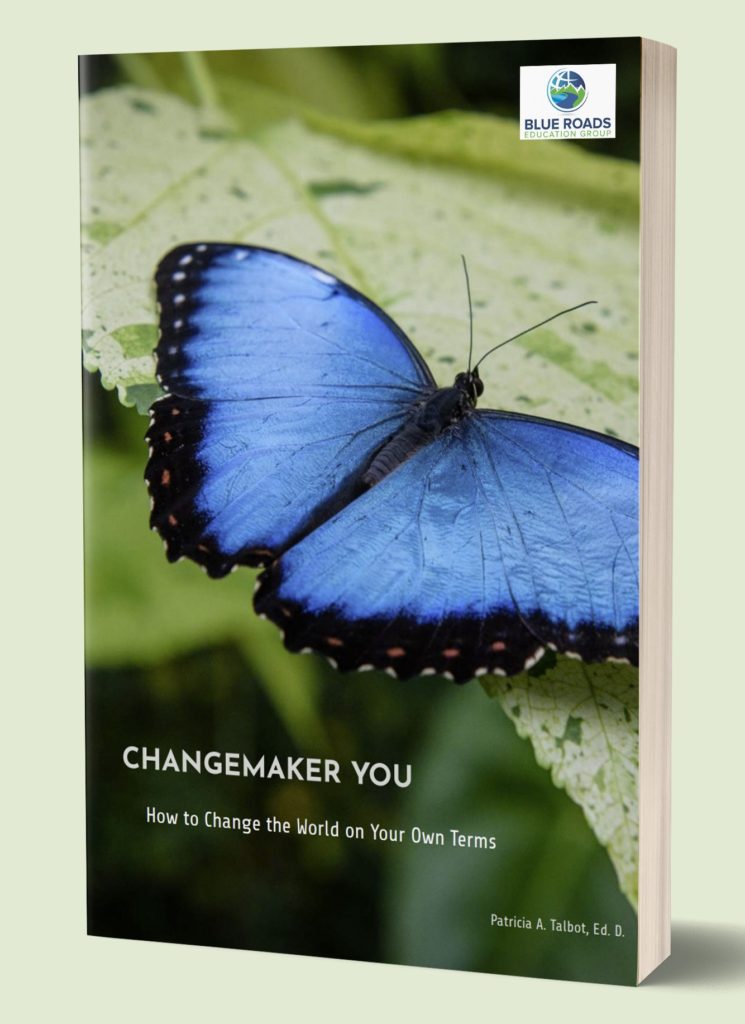I met the amazing Jeannine Rivers Colburn last summer when I was reaching out to the world to invite participation in a course I developed called “Tender and Brave: Authentic Anti-racism for the Well-Intentioned White Woman”. As an African American woman, something about that title didn't hit Jeannine quite right. Who was this Patti Talbot? What was she up to and what qualified her to teach such a course? Instead of just stewing about what was bothering her, Jeannine did what few people bother to do. She reached out to me for a conversation. I knew right away this was a person I needed to know. After all, I was asking myself a lot of those very same questions! I'm far from an expert on racism. All I really am is a “well-intentioned white woman” who wants desperately to do something to make a difference in this very troubled world, especially when it comes to racial justice. Jeannine and I are now on this learning journey together and as I get to know her, I've learned much more about her path as a changemaker in many different arenas. I know you will find her story and her wisdom as inspiring as I do.
Watch the video with Jeannine's responses to my questions about her “homegrown solutions for our patchwork world,” listen to the podcast, and read the summary below to learn about her work as a mental health advisor and coach along with her unique perspective on the Black Lives Matter movement.
Homegrown Jeannine
Jeannine grew up in Milwaukee, Wisconsin surrounded by white people in her neighborhood, her schools, and her church.
I come from a very proud Black family, people who are educated and defied the odds by getting their doctorates, their master's degrees and going to college when it was really unheard of for a Black family to have anyone that went to college.
Her father raised her and her sisters to defy expectations by intentionally taking them into a community surrounded by successful white people so that they could have every opportunity possible.
That was my dad's way of showing us that there's another side.
For Jeannine, being raised in a predominantly white world helped her to consider all the people she's met along life's journey as “her people.”

No matter what color, what sexual orientation you are, no matter what people (as long as) they have genuine love and carry peace in their heart.
Recent events have caused Jeannine to realize she may have missed something in her upbringing. She appreciates the many benefits of having a father who made the decision to take her far away from racial strife, but she now realizes some of what she may have missed.
It's important for a person to know their roots and their background and their heritage…I wish I would've known more about my culture, more about my black history, more about where I really came from… I didn't get that.
That's part of why Jeannine reached out to me. Even though I'm white, she knew I had a group of women trying to learn more about the Black Lives Matter Movement and our places within it. This is something she admits she needs to learn more about as well.
I really do believe the Black Lives Matter movement taught me it's never too late to learn.
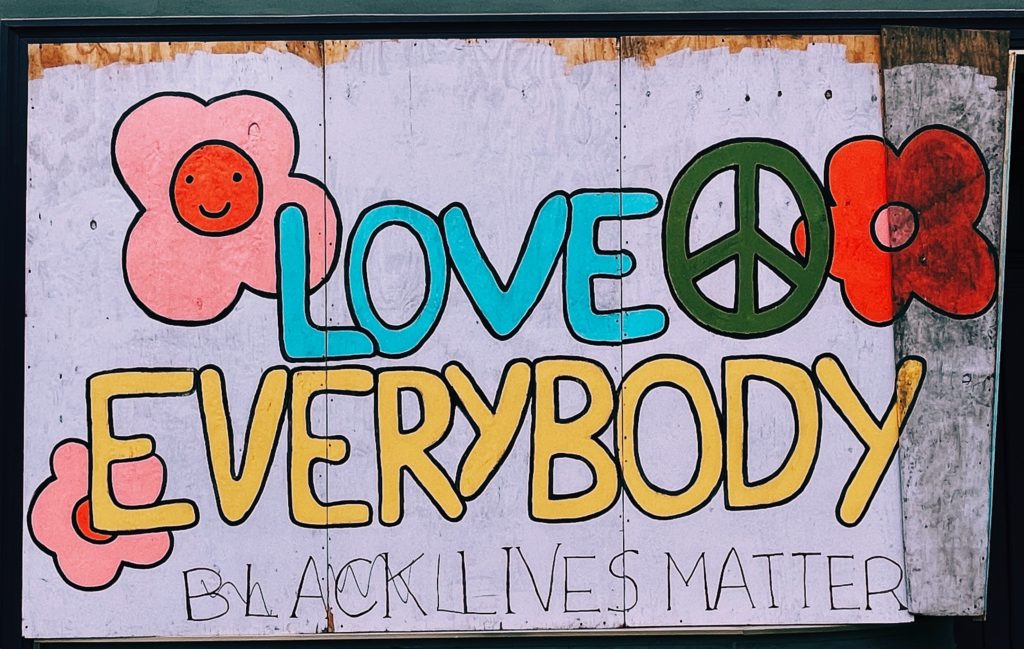
Jeannine's Patchwork
When asked about her experience with diverse groups of people, Jeannine responds:
We have so much more in common than what's different so learning to accept people for who they are with no judgment is the part that's important to me.
She's learned to accept and appreciate all kinds of people for who they are. She applies this open, loving acceptance to everyone she meets including people from other parts of the world, to the LGBTQ community, and to homeless people in her own city. For her, it's been a journey of self-development over time.
If you can't totally accept them, meet them halfway so that you can learn to take all of them.
This is the way Jeannine approaches everyone she meets.
Solution-Focused Jeannine
The Black Lives Matter movement has helped Jeannine to get in touch with her heritage and her connection to the racist history of her country even though she was sheltered from that truth for much of her life.
Her father marched for civil rights and protested injustice in the sixties and, at 87, it angers him that Black people are still having to fight for the same basic human rights everyone should be assured of.
Nevertheless, Jeannine sees some signs of hope.
She reminds us that some white people, Asian people, and even very young children are now marching together to bring about the change her father's generation worked so hard for.
We are turning into a world where we are accepting the new norm. We're accepting people for who they are…They feel free to be who they are with no judgment…We're all learning to accept each other and put aside our differences.
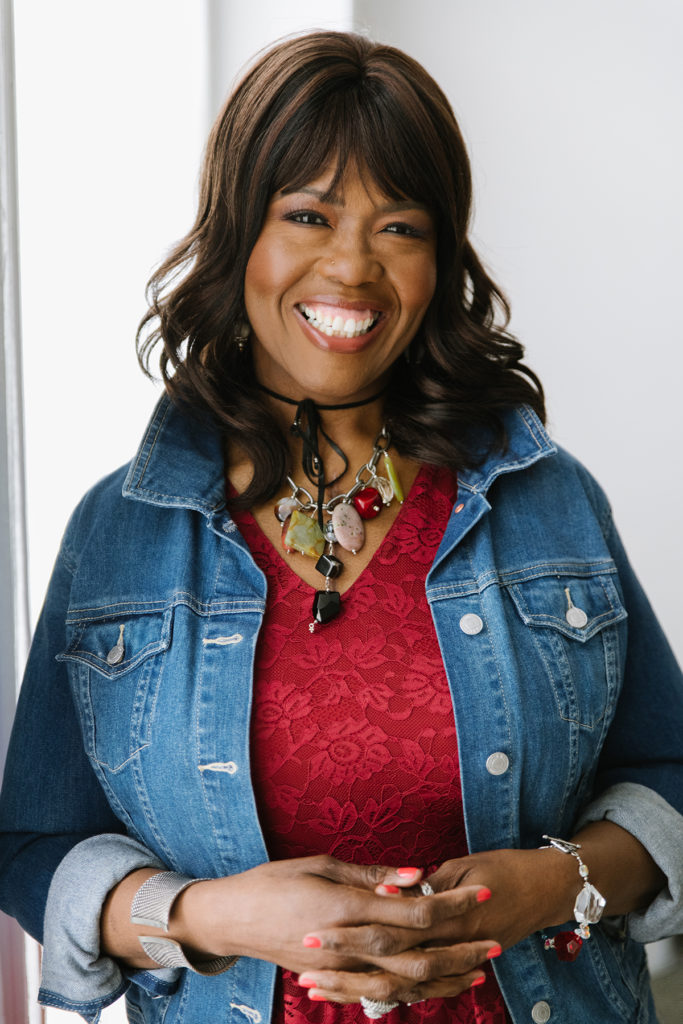
I sense there is a difference. I sense, and I can see that we have more people of all races that are fighting for the cause.
Changemaker Jeannine
Jeannine's work is all about hope. This truth shines most brightly and creates the biggest waves for change in her suicide prevention work.
She's a natural empath who picks up on the feelings and emotions of others. As a suicide attempt survivor herself, she now works diligently to put her gifts to work on behalf of others who are struggling.
I'm always the one that wants to rescue and help someone. …It is extremely important to me to bring a brighter light to people who don't want to live on this earth.
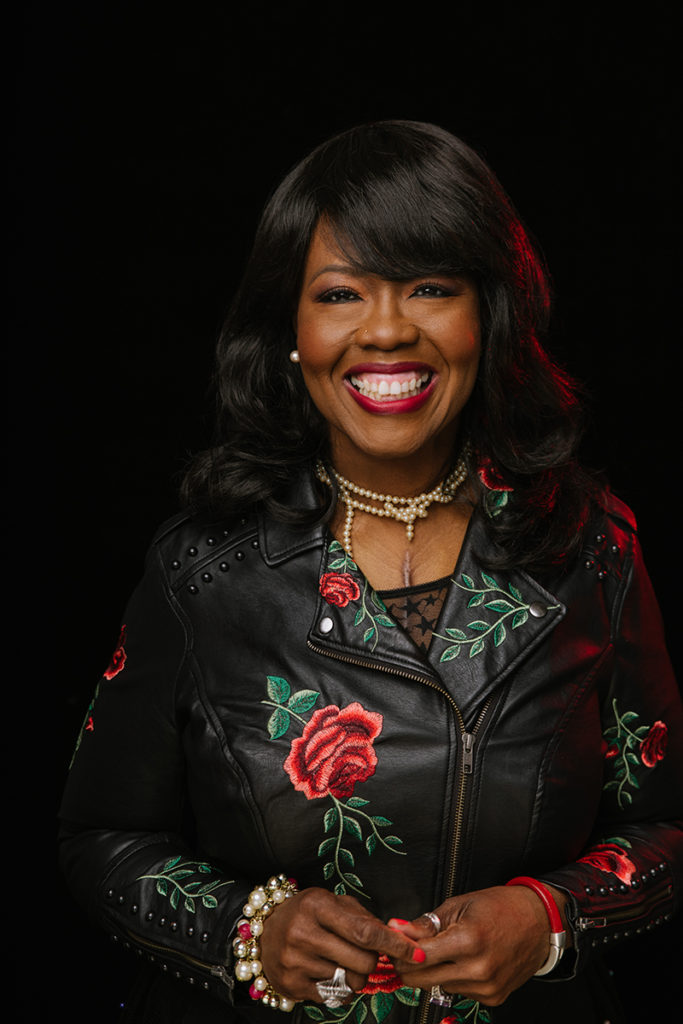
Jeannine uses her experiences and her expertise on the subject as a mental health consultant. She has studied suicide, suicidal ideation, and prevention extensively to help her in her work with alternatives to suicide. By running groups for people who are struggling and providing training for those who wish to help them, she is creating change and hope for people who had once lost it.
Jeannine sees important connections to the lack of acceptance experienced by people with diverse needs in her mental health work.
We have to learn to be with people of the world.
She's happy to report that laws are changing to help teenagers in the schools have more programs and groups for support. As a group facilitator for suicide prevention in her home state of Wisconsin, Jeannine is a strong advocate for a program called “Alternatives to Suicide.” She says most people don't really want to die, they just need to be heard and understood. Many current mental health practices are actually counterproductive.
When you go to the doctor and they ask you all those questions. “How do you feel? Do you feel like hurting yourself?” …People are afraid to say how they really feel because if you say “yes” to those questions, then they're going to want to send you to a psych ward, or they're going to have the police show up at your house for a wellness visit.
If the person asking for help is a parent the consequences can be devastating.
You'll miss work and your child will go to the state and be held…They take your phone away from you. They take your belts away from you. Some places take your clothes away from you. They sit you in a room and treat you like, “Naughty you. How dare you feel that way?” Statistics have shown more people attempt suicide when they leave the psych ward, just because the way they've been treated has made them feel even worse.
Alternatives to Suicide is a new way that we teach the community to deal with those situations with validation, growing a connection with people, allowing them to be who they are and not trying to fix them or change them and letting them just talk because a person who has suicidal ideation, they are just feeling bad. They just want to feel better and they want people to treat them and to understand. So if we could get the mental health facilities and the communities to understand that it's more important to validate and connect with a person you're more likely to save their life than you would if you treat them like they're in prison,

We're trying to change the norm and make it a new norm.
In this way, Jeannine is making the world a brighter place for those who need some extra support. That is the work of illuminated (and illuminating!) changemaker!
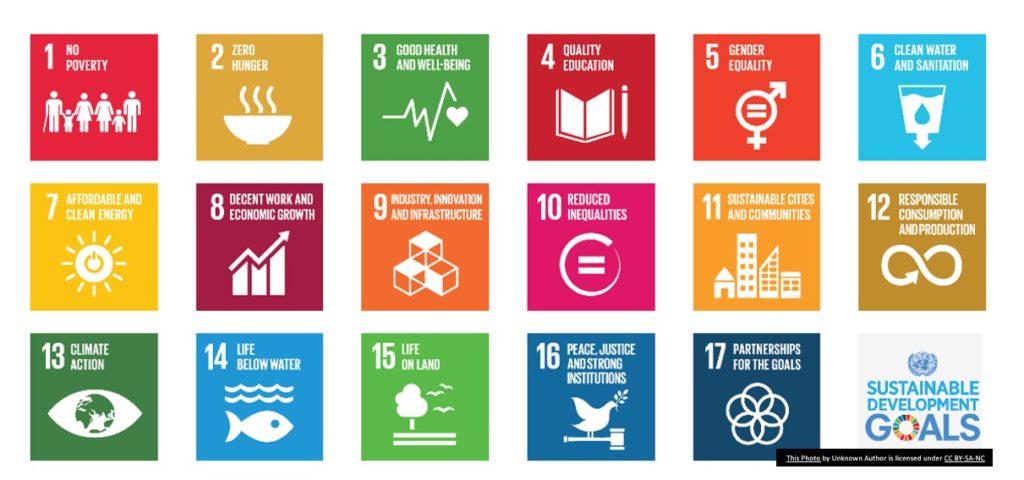
I'm sure you can easily see how Jeannine's change-making work is directly connected to Global Goal #3 – Good Health and Wellbeing and #10 – Reduced Inequalities. Please do reach out and let me know if you think I've missed any. I also hope you'll get in touch to let us know what YOU and the people you know are doing to realize these Global Goals by the year 2030. We can sure do it if we all work together and take our place as Changemakers!
CHECK OUT our CHANGEMAKER YOU course to help you get started today!
About the Author
Patti cultivates homegrown changemakers prepared to step into their power and work with others to create the world they want to live in. Get in touch to find out how you can grow the social changemaker in yourself and those you serve with Blue Roads Changemaker YOU.
Podcast: Play in new window | Download
Subscribe: Google Podcasts | Spotify | iHeartRadio | Email | TuneIn | Deezer | RSS | More

